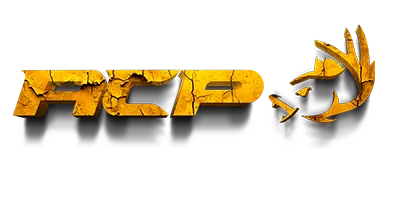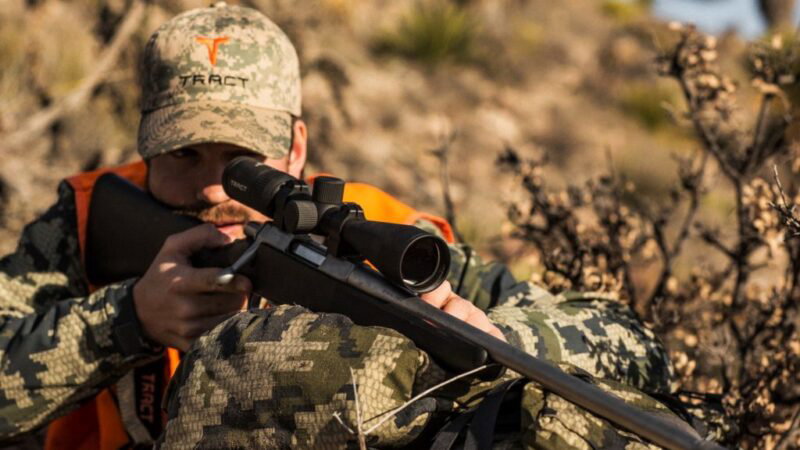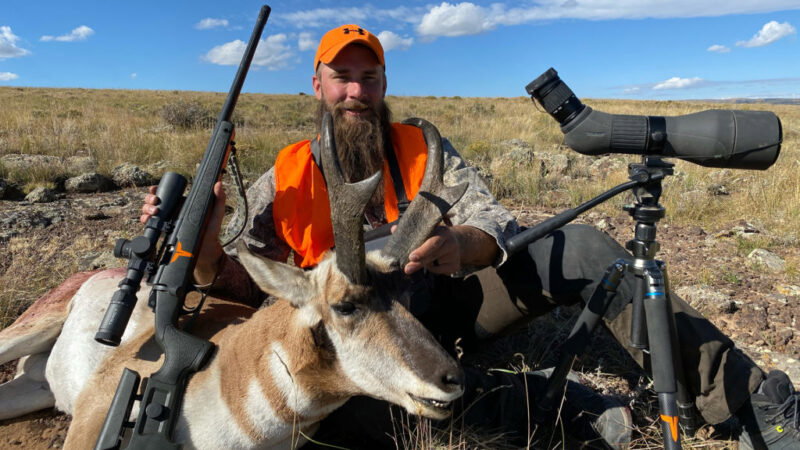Choosing Your Next Riflescope
Choosing Your Next Riflescope
Choosing Your Next Riflescope. Remember 20 years ago how useless a riflescope became as soon as the sun set? At the time, a scope was usually mounted high atop a rifle so that a hunter could use the iron sights once a lack of light rendered it ineffective. Of course that’s not the case today. Many manufacturers are making optics that would allow you to see clearly on a half-moon night.
Choosing your next riflescope is never an easy task. With the influx of new companies that are saturating the market, the choices of quality scopes is nearly endless. However, there’s also a good chance that hunters and shooters will stick with the manufacturers that they’ve used for years. Whether you’re a loyalist or looking to try a new brand, there are several important factors to consider when choosing your next riflescope.
The Rifle Riflescope
The riflescope you choose depends heavily on the rifle you’re shooting. Also the animals you primarily chase and the landscape in which they reside. There’s no need to put a large 16x scope atop a Remington Model 7 (youth model). At the same time, large caliber rifles meant for long-range shooting are best coupled with a scope that houses Bullet Drop Compensation (BDC) reticles.
More Power is Not Necessarily Greater
While the western elk hunter needs a high power scope, the eastern deer hunter who spends most of his time in the dense woods would benefit from a wider field of view. Remember the 3x-9x that nearly all of us learned to shoot with? This is an all-around great choice for discerning the grey winter coat of a whitetail against the backdrop of a leafless woodline at last light.
It’d Better Be Tough
Perhaps the single greatest attribute to choosing your next riflescope is its ability to take a beating and keep a zero. If you haven’t dropped your rifle, banged it against a tree or watched helplessly as it slid off the bumper of a pickup truck, then you’re either in the infancy of your hunting career or just really, really careful.
When these accidents do happen, it’s usually the scope that takes the brunt of the blow because it’s a weighted extremity. Often enough there’s not an opportunity to call timeout during a hunt and re-sight your rifle. Let’s just hope your crosshairs are protected by magnesium alloy or some other structural metal that can withstand getting knocked around a bit.

Matte Finish
Don’t get flashy with your riflescope. We’re not altogether sure whether shiny scopes are still made, but just in case somebody tries to sell you one, give a firm “Heck no!” and walk away. The sun’s reflection off a shiny scope is worse than waving to a passing deer. At least the hand could be a squirrel’s tail.
No Need to Pay Top Dollar
Or fight the legions of other hunters cramming the aisles at your local sporting good store. Let’s say you wear Levi jeans; have your whole life. Yet, every time you need a new pair, a dreaded trip to the mall ensues where you spend a half hour looking for a parking spot, a half hour finding your favorite jeans because they relocate their products 30 times a year and then you can guarantee at least another 20-30 minutes in the checkout line. Wouldn’t life be so much simpler if you could just buy those Levi jeans online, at a wholesale price, and get them shipped to your front door? Yes. Yes it would. That’s why we entered the riflescope market.
A Few Other Considerations
Eye relief, fully multicoated lenses and high-transmission glass are also nice features of a quality riflescope. Finding out where it’s made is another great point of research – the Japanese have riflescope manufacturing down to a fine science. But then again, whether it’s a $100 or $1,000 scope, and as long as it fulfills your every hunting and shooting need, you’re one of the lucky ones because finding that perfect scope can take years of sifting through the masses.









